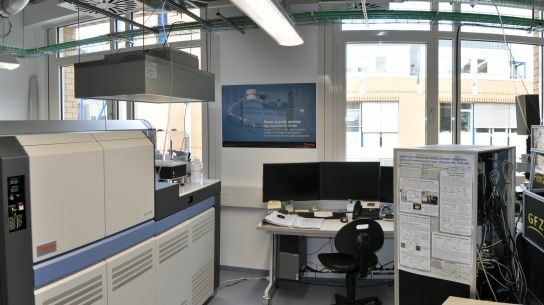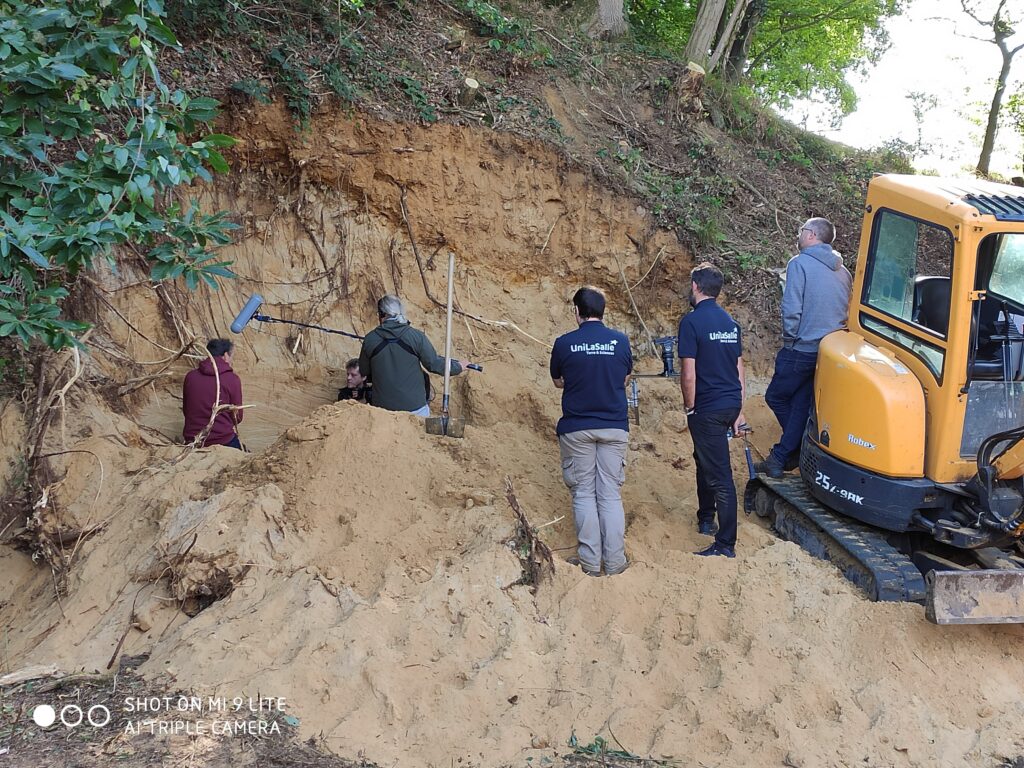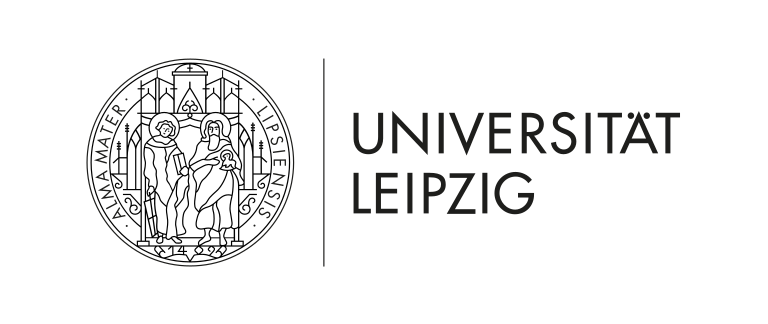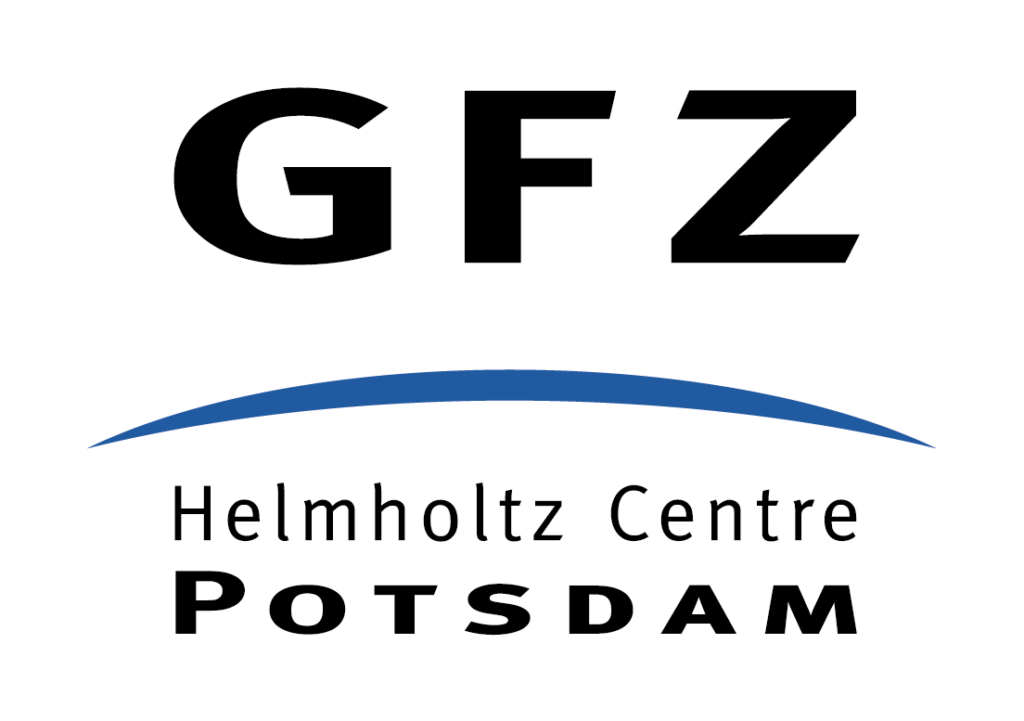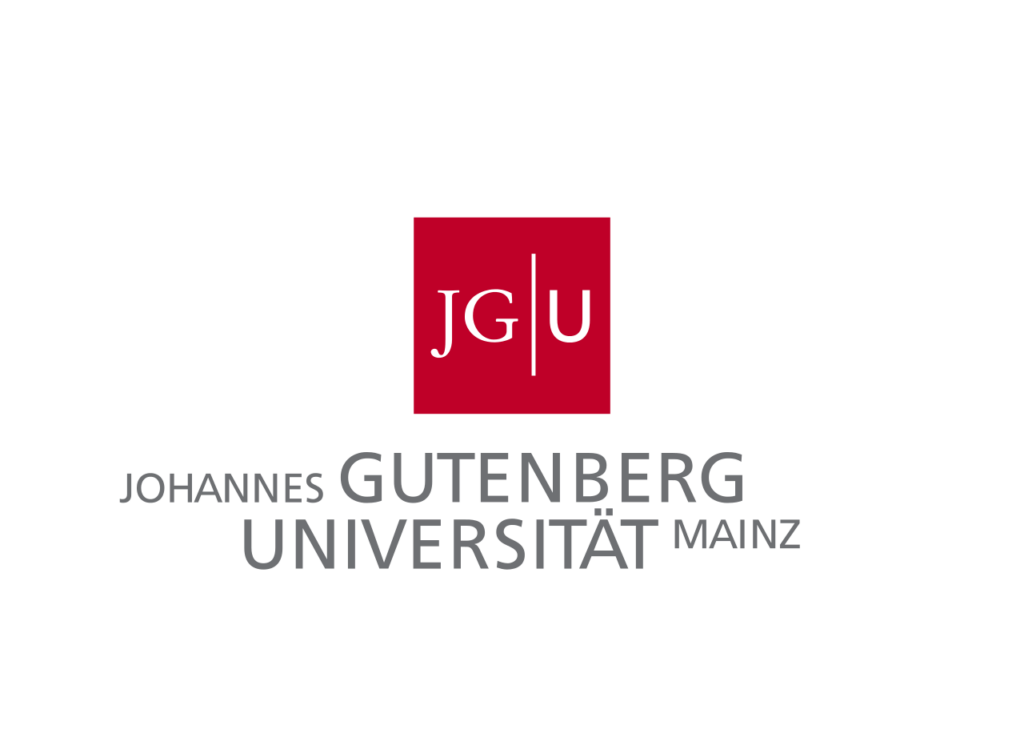
Globally rising ocean temperatures and ocean acidification pose a threat to tropical shallow-water coral reefs. Yet, the acclimation potential of reef corals is largely unknown. Remarkably, no analogue data of heat stress and bleaching exist from warm periods of the geological past, such as the Eocene defined by SPP2299. Here, we propose a study on reef corals from the globally hot middle and late Eocene (45 – 35 Ma; this project EOCENE). Our project has three principal research objectives, consistent with themes A and B of the SPP: (1) Produce multi-year time-series of SSTs and evaporation/precipitation at monthly resolution and document the operation of the coral – zooxanthella symbiosis. (2) Generate parallel physical calcification records and geochemical fingerprints of calcification performance, to explore the expression of and possible resistance to thermal and other stressors. (3) Determine whether events of partial mortality of the coral colonies occurring on quasi-decadal time-scales were due to bleaching events that happened during heatwaves. The results will be compared to findings from later warm periods in the Cenozoic (e.g. mid Pliocene), to place our results within the broader framework of climatic, oceanographic and (bio)geographic changes through the Cenozoic. To meet the project goals, we will study corals from France and England (Paris Basin) that are extremely unusual in their near-pristine, unaltered preservation. Fieldwork will serve to reconstruct growth habitats and to put specimens into a geochronological context. For the first time, classical X-radiography (densitometry) and geochemical proxies for conditions at the habitat and calcification fluid scales will be applied to corals of Eocene age. For further synergies, we started the Bochum-Berlin-Leipzig initiative. In this frame, STRESS will investigate the proxy documentation of bleaching events and DIAGENESIS will study preservation potentials of proxy data during incipient diagenesis. Dissemination of our findings to the broader public will be ensured through contribution to a documentary for public TV (Arte-TV/ZDF). Besides providing important constraints on Eocene mid-latitude climate, we will gain a unique insight into the early evolutionary stages of the light-enhanced calcification system in taxa that dominate today’s coral reefs (e.g. Porites) and the first analytical evidence for heat stress in coral ecosystems and bleaching in the geological past. This deep-time perspective from a world of climatic extremes will provide an alternative view on the mechanisms underlying coral resistance to the dual stress of future ocean warming and acidification. Moreover, insights into coral calcification will directly contribute to a long-running discussion on deep-sea carbonate dissolution at the onset of the Middle Eocene Climate Optimum having been a result of global calcification fluxes being partitioned more toward reef ecosystems on flooded continental shelves.
Principle Investigators
Thomas Brachert (Leipzig University)
Michael Henehan (University of Bristol/GFZ Potsdam)
Regina Mertz (Johannes Gutenberg University Mainz)
Project Scientist
Phyllis Mono (Leipzig University)
